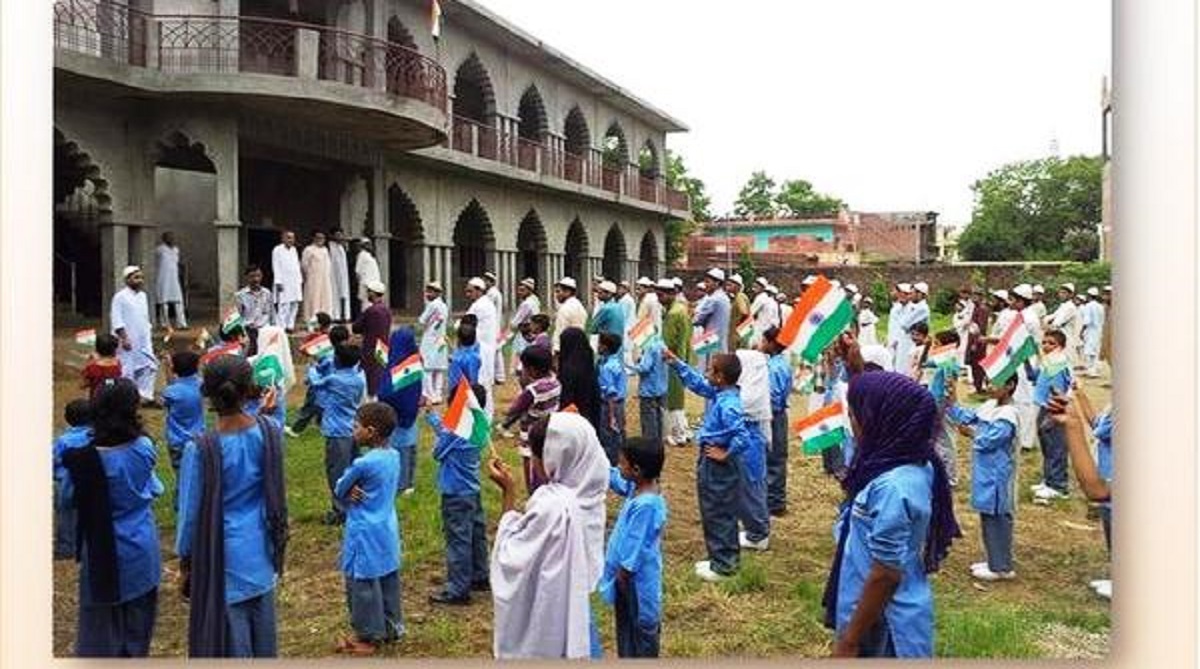There is little doubt that the surcharged atmosphere in several states, embedded in the persecution, often mortal, by cow vigilantes, increasing intolerance towards anti-establishment perceptions, not to forget attacks on Dalits and Muslims has provoked the Darul Uloom of Deoband in Uttar Pradesh to caution its students not to travel on Republic Day. It is hard not to wonder whether the caveat is most particularly in reponse to governance under an ascetic chief minister. The flagship Islamic seminary has underlined the inherent insecurity, supplementing its advisory with a mild imprimatur ~ “Don’t travel on Republic Day. It is an environment of fear. There is checking at several places and a feeling of uneasiness”. Students have also been advised to avoid argument. Such fears are not wholly unfounded. Darul Uloom may, on the face of it, have gone on overdrive regarding the security of a particular community. On closer reflection, the irony on the 70th anniversary of the Republic ~ when the country gave to itself a Constitution that affirms the certitudes of secularism ~ could scarcely have been more bitter. It is a blot on the secular fabric of the nation, and the defeat of the Bharatiya Janata Party in the cowbelt elections hasn’t dampened the fundamentalist ardour of the saffronite footsoldiers. The trends have become increasingly ominous since the romantic euphoria that greeted the foundation of the Republic on 26 January 1950. The secular ethic has been at a discount over the past five years as are the freedom to eat ~ according to preference ~ and social mores generally. Lest it be misinterpreted, the seminary has balanced its advisory with a word of caution ~ “This should not be misunderstood as if we are feeling that a particular community is being targeted. We only have issued a simple advisory notice to our students. This is nothing to do with us being an Islamic institution.” That an advisory had to be advanced by clerics to clerics-onthe- make must raise eyebrows, and amidst the grandstanding of the ceremonial march-past this Saturday. The societal reality of New India must be sickening at the core if the leading seminary has to advise its Muslim students to restrict their freedom of movement on a profound occasion. Monday’s imprimatur can well be contextualised with previous attacks on Darul students on Republic Day. As often as not, the State ~ as an entity of governance ~ has done but little to rein in the culprits. Far from it. On the contrary, the depredations, notably the targeting of a particular community and beef-eaters generally, has been tacitly condoned. Ergo, there is a lesson to be drawn from the fatwa advanced by Darul Uloom of Deoband. It does call for reflection, not ignored as it was by the BJP president, Amit Shah, in Malda on Tuesday.
Advertisement
















